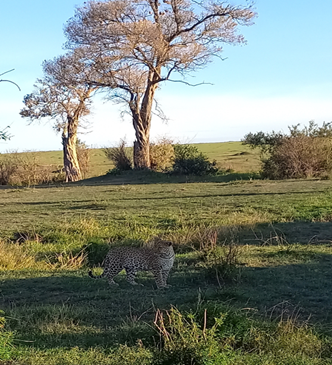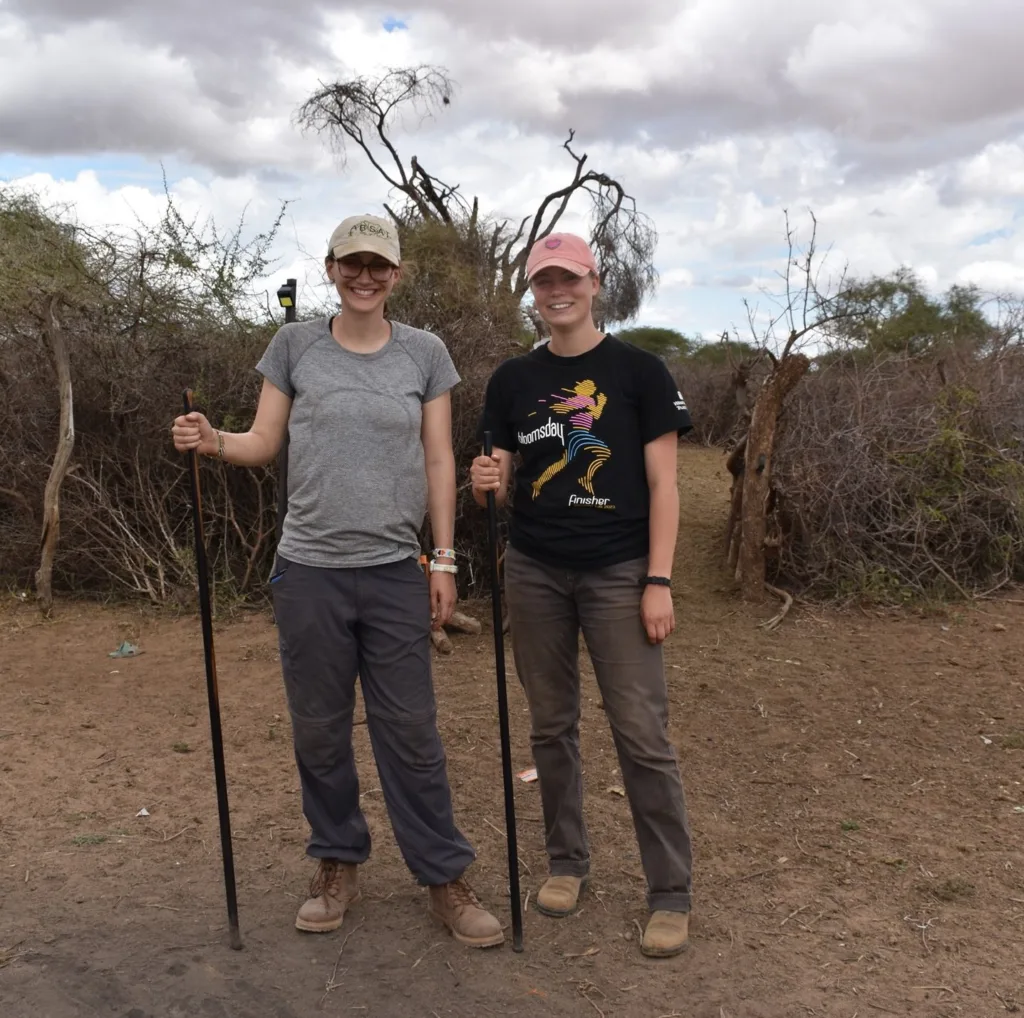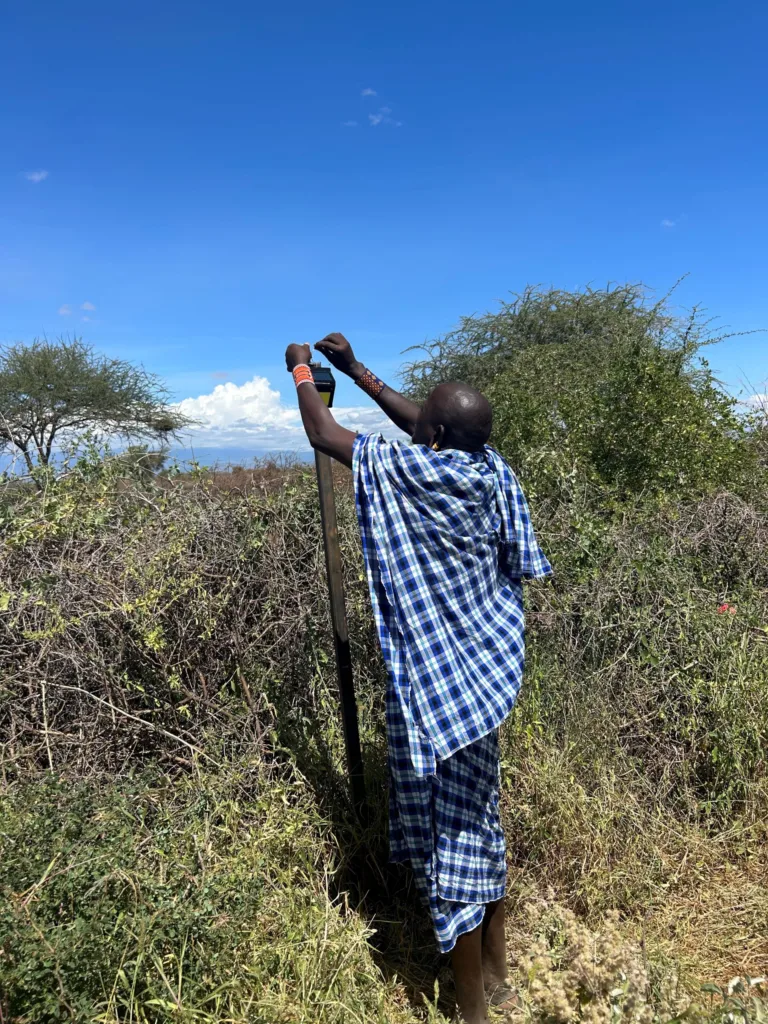SFS & Ecological Research as Education Network
This summer, the SFS Center for Sustainable Development Studies in Costa Rica started collaborating with Dr. Erin Lindquist of Meredith College, one of the coordinators of the EREN project (Ecological Research as Education Network). We established the first forest plots of 20x20m in the tropical rainforest of the Manú Center in Guápiles, Costa Rica. The objective of the EREN project is to monitor forest growth across the U.S., Canada, and several other places in tropical areas. The data will be made available to students and researchers participating in the project with the goal of doing comparative analyses of tree growth, biomass accumulation, forest structure, species diversity, and overall growth responses to global warming. The project includes undergraduate students and their advisors doing research in forest sites closer to their home institutions. EREN is a solid method to add data to databases on forest growth across wide geographic areas, as well as contribute to our understanding of forest responses to global warming, while including undergraduate students and their advisors in a research network that generates valuable scientific information.
Our Summer Session I students worked under the guidance of Dr. Edgardo Arévalo (Resident Lecturer in Tropical Ecology & Sustainable Development) and Dr. Mariano Soley (Interim Lecturer in Natural Resource Management). The plots were established in a forest fragment of 12 Ha under primary forest conditions. All trees rooted within the plots were tagged and their diameter at breast height (1.3 m above the ground) was measured. Many species were identified in the field, but the vast majority required the collection of samples for later identification. More data will be added as these plots get re-measured in the next few years. During this exercise, students experienced the difficulties of collecting data in the rainforest, not only by moving around in a complex environment (aka bush-whacking), but by dealing with difficult decisions (what to do in the case of measuring the diameter of a tree branching below 1.3m above the ground), or how to reach samples that were several meters above the ground (using binoculars, or an extension pole with a cutter), and in general, how to work as a team so many trees could be measured in a few hours.

View of the rainforest of Manú in Guápiles, Costa Rica, where the first EREN plots were established. The smoking volcano in the back is Turrialba Volcano.
The Center is planning to establish more plots within the forest fragments of the National Technical University in Atenas (UTN). We recently signed a collaborative agreement with UTN, and the forest growth monitoring study represents an ideal manner to commence our relationship. The analysis of the Manú data, as well as of the UTN data, will provide professors and students with valuable information to compare tree growth, carbon sequestration, and biomass accumulation, as well as to analyze how climatic differences affect tree species composition and growth patterns. The value of this project is reflected in the analysis of local data, but once the information enters the EREN database, the Center will be able to ask questions across wide geographic areas, including different latitudes. We expect the extension of the EREN plots to Costa Rica and to The School for Field Studies to be productive and a fulfilling learning experience for our students, faculty, and staff!
We did all this in the middle of our first field trip, in which we visited the rainforests of Braulio Carrillo National Park and Manú, and toured El Progreso Farm, where our students planted cassava, learned farming techniques (i.e. how to make compost), and made a new batch of efficient microorganisms for the farm. Efficient microorganisms are obtained from the forest leaf litter and are concentrated in an organic soup mixed with molasses and semolina under anaerobic conditions. This fertilizer is enriched with a high concentration of beneficial microorganisms that speed up the decomposition of organic matter and the release of crucial nutrients for plants. By dispersing this material in the garden the farm increases food production obtaining healthy crops.
SFS experiences are by no means boring. They are intense, since we are always on the move, learning and doing new things.
Related Posts


Alumni Reflections: Stories of the Return to Kenya
